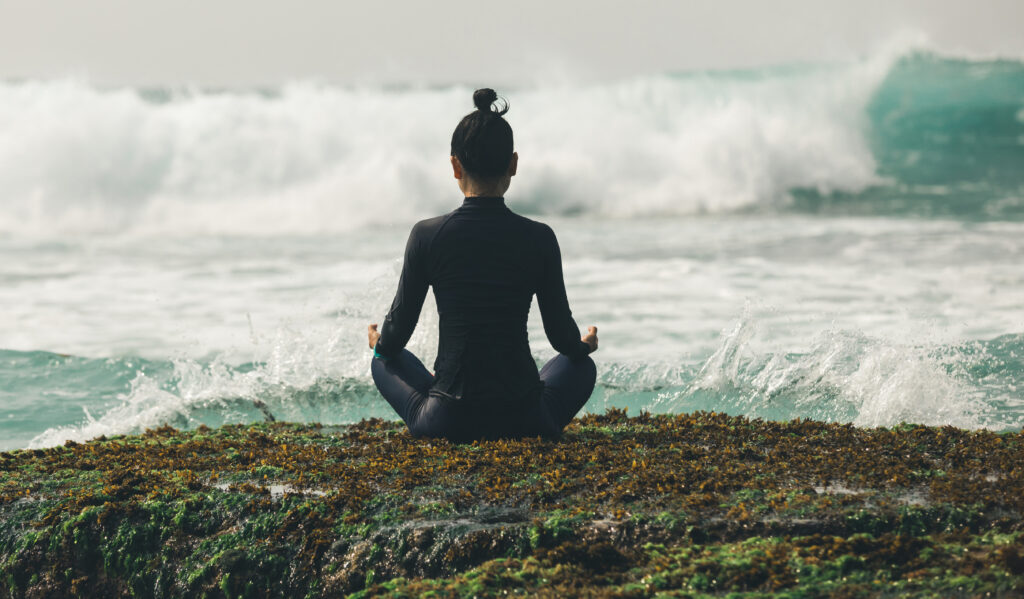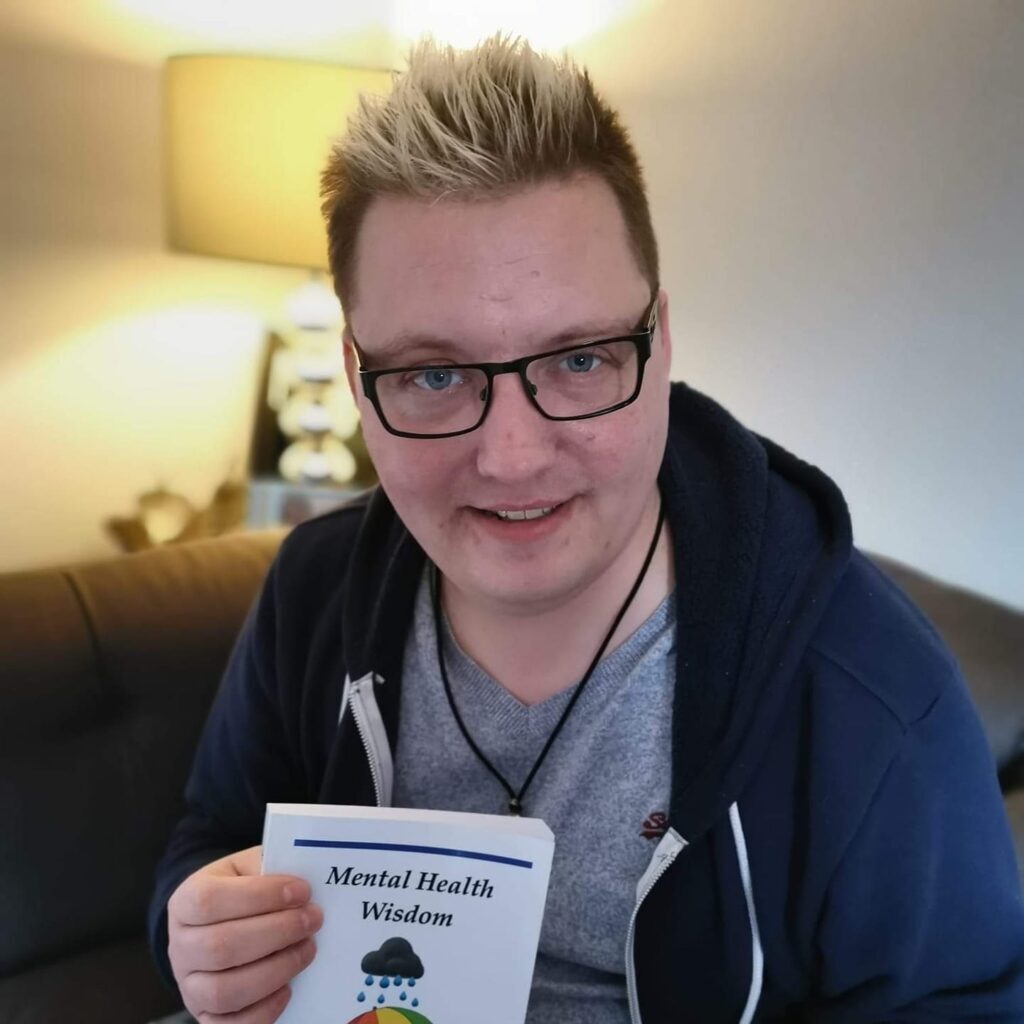The Secrets to: Self-Awareness
Self-awareness is about understanding more about you. It’s about being aware of your thoughts, feelings, ego, knowledge, skills, experiences, relationships, communication, strengths & weaknesses, drives, values and behaviours in a situation. Self-awareness isn’t something you do just once or occasionally. It should be an on-going day by day, hour by hour, moment by moment task.
There are numerous benefits to being more self-aware. A good example is that you can use self-awareness to change how you respond to different discussions and events to get better outcomes. It is just about you being aware of yourself and how you influence others. Nobody can be self-aware at all times, but you can make yourself more self-aware.

How do you become more self-aware? Here’s my suggestions, based on research online and my own experiences:
1. Observation
Observe
everything going on around you. Including yourself and how you interact with
others.
2. Reflection
Reflect on just
about everything. It could be a past experience, or reflecting on something
you’ve learned or read. Consider:
People have lots of different ways of reflecting. Some good ideas include: meditation, keeping a daily journal and counselling sessions (using the counsellor as a sounding board).
Two important things about reflection:
1. You’ve got to practice reflection to get good at it.
2. It has to become a regular behavioural habit.
3. Balanced
Thinking
When observing or
reflecting ensure that your thinking is balanced. When it comes to ourselves,
we are often too critical and only see the negatives. Be fair and kind to
yourself. Recognise both the positives and negatives.
4. Develop Your
Emotional Intelligence
Emotional intelligence
is about being able to recognising how you are feeling and how others around
you are feeling. A good way of developing emotional intelligence is to replay
past situations in your mind and consider what emotions people in the
situations (including yourself) were experiencing.
Emotional intelligence will enable you to have more control of your emotions, and be able to influence others on an emotional level.
It might also be worth learning more about body language as 80% of communication is non-verbal.
5. Honest
Feedback
Honest feedback
about yourself is important for self-awareness. Any feedback should come from a
person that only wants to help you to improve yourself. If you suspect that
feedback coming from a person is because of their own self-interest or because
of another agenda, think carefully about its bias.
You can get feedback from family, friends, work colleagues, customers, practically anyone. Usually all you have to do is ask.
It’s good to know about the 5 to 1 ratio. The person giving you feedback should give you 5 authentic compliments to 1 piece of specific constructive criticism.
The person you ask for feedback may not have heard of the 5 to 1 ratio. It might be worth discussing it with them prior to asking for feedback. It would also be good if you started using the 5 to 1 ratio when you give feedback to others.

6. List Your
Strengths and Weaknesses
Make a list of
your strengths and weaknesses. Celebrate your strengths and develop weaknesses.
7. Encourage Open
Questions
Encourage open
questions that stimulate debate and discussion in all areas of your life.
Debating and discussing opinions is a really good way to become more self-aware
and develop awareness of others.
8. Know Your
Story
The stories we
tell ourselves, especially those about ourselves give insight to all things
self-awareness. Know your story. Know how your past influences your now and how
it could potentially impact on your future. Listen carefully to the narrative.
If their narrative is highly negative or too critical, you may want to sit down and rewrite your story on paper. Once you’ve done that start telling yourself and others your new story.
9. Life Goals
Write down your
life goals. This exercise is brilliant for self-awareness, especially if you
practice introspection as you develop your life goals.
10. Coaching
I’ve never had
coaching. But there seems to be a widely held belief that good coaching
encourages self-awareness. I can see how this would work. Like most things, the
more you put into coaching in terms of self-awareness the more you’ll get out
of it.
11. Our Own
Version of the Truth
Two people can
experience the same event, yet have completely different perspectives and views
about it. We all have our own version of the truth. Remember this.
12. Psychometric tests
There are many psychometric tests available, each with its own Pros and Cons. Perhaps the most well-known is the Myers Briggs Type Indicator (MBTI) based on the work of Carl Jung, a psychoanalyst.

Antony Simpson
Antony Simpson is a registered Nurse with over 13 years experience in the fields of mental health and alcohol & substance misuse. He is diagnosed with Cyclothymic disorder (a form of bipolar) and author of Mental Health Wisdom. The blend of professional and personal experience makes Mental Health Wisdom truly unique.
Whether you want to grow your skills, get picked up by an employer who needs your specific knowledge, earn more qualifications for your CV, or some combination of the three, the My Need to Live community is here to support you.
Join the platform 01 March 2023
01 March 2023
 30 October 2022
30 October 2022

The My Need to Live Support Directory is a resource created by us to help 16 – 24 year olds find the help, support, organisation or practitioner you need to help them with their wellbeing when they need it.
Support directory
myntladmin